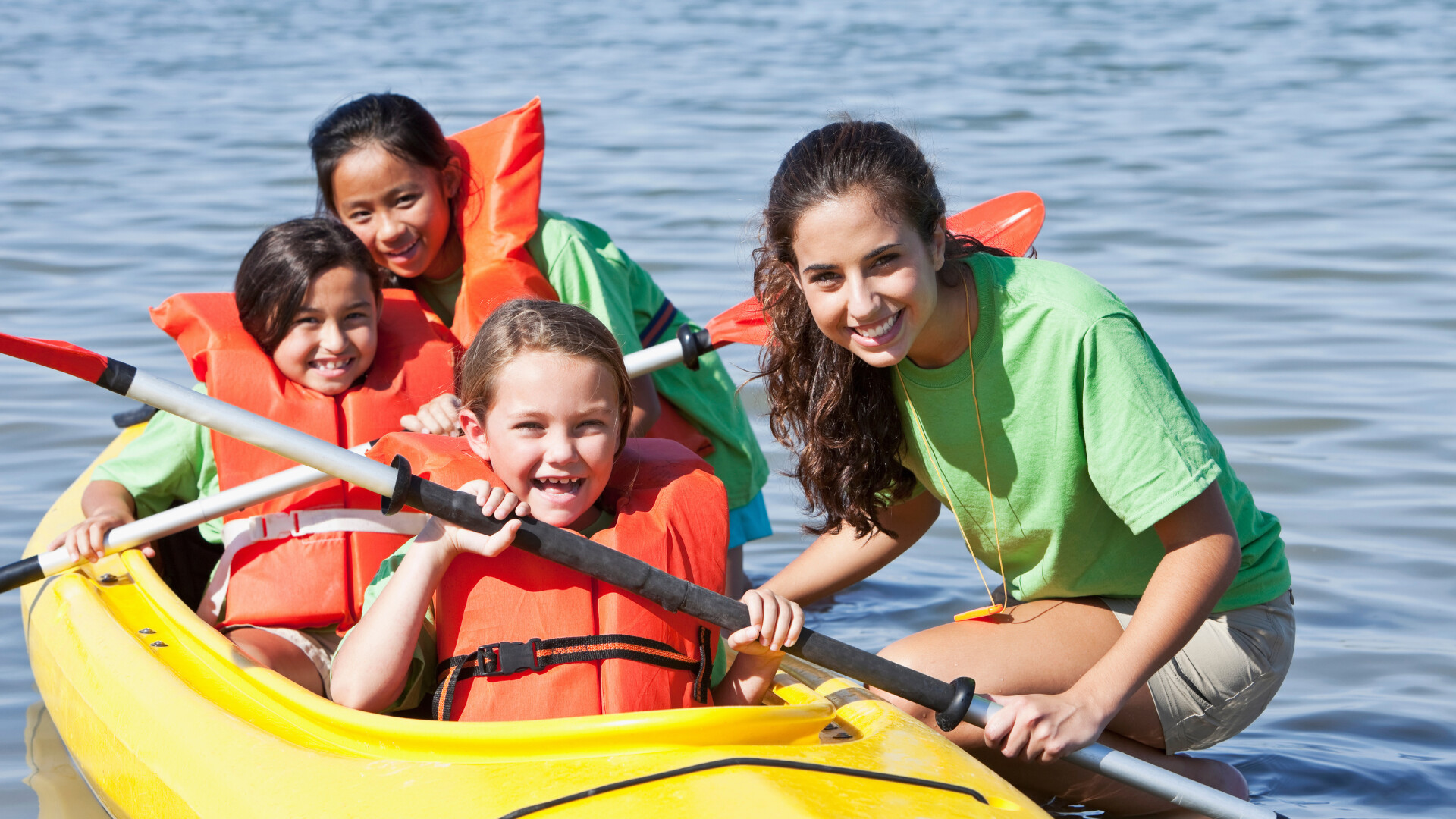
The Top 10 Risk Management Tips for Summer Camps
Summer camps provide children with wonderful opportunities for fun, adventure, and personal growth. However, they also come with inherent risks and potential liabilities. As a summer camp owner, operator, or staff member, it is crucial to prioritize risk management to ensure a safe and enjoyable experience for all attendees. In this article, we will discuss the top risk management tips for summer camps, focusing on the safety of campers and the protection of the camp itself.
10 Risk Management Tips for Summer Camps
- Conduct Thorough Background Checks
When hiring staff members or volunteers for your summer camp, it is imperative to conduct comprehensive background checks. This includes criminal background checks, reference checks, and verification of qualifications. By ensuring that all your staff members are trustworthy and qualified, you reduce the risk of potential incidents or accidents. By ensuring that all your staff members are trustworthy and qualified, you reduce the risk of potential incidents or accidents.
- Develop Comprehensive Emergency Plans
Preparing for emergencies is essential for any summer camp. Develop comprehensive emergency plans that cover a wide range of scenarios, such as severe weather, medical emergencies, and missing campers. According to the Centers for Disease Control and Prevention (CDC), drowning is the second leading cause of unintentional injury-related death among children aged 1 to 14. Ensure that all staff members are trained on executing the emergency plans and regularly conduct drills to practice their response.
- Train Staff in First Aid and CPR
Having staff members trained in first aid and CPR can be a lifesaver in case of accidents or medical emergencies. Make sure that a sufficient number of staff members receive proper training and certification before the start of the camp. The CDC recommends individuals involved in aquatic activities to have the necessary water safety training and CPR certification. Also, ensure that they have easy access to first aid kits and necessary medical supplies throughout the camp.
- Maintain Proper Camper-to-Staff Ratio
Maintaining an appropriate camper-to-staff ratio is crucial for the safety and supervision of campers. Each age group may have different requirements, but a general guideline is to maintain a ratio of one staff member for every five to eight campers. This allows for adequate supervision and ensures that campers are under constant supervision during activities and throughout the campgrounds.
- Implement Water Safety Measures
Summer camps often include water-based activities, such as swimming, canoeing, or kayaking. It is essential to implement robust water safety measures to prevent drowning incidents. According to the CDC, 58% of drowning incidents among children aged 1 to 4 years old occurred in swimming pools. This highlights the importance of enforcing strict supervision and implementing safety protocols during aquatic activities. This includes conducting swim tests for campers, ensuring the presence of certified lifeguards during water activities, and enforcing the use of appropriate personal flotation devices (PFDs) when required.
- Maintain Well-Maintained Facilities and Equipment
Regular maintenance of facilities and equipment is crucial to prevent accidents and injuries. Perform regular inspections of all camp buildings, cabins, playgrounds, sports equipment, and transportation vehicles. According to the CDC, proper maintenance and regular inspection of residential swimming pools, such as ensuring the presence of a four-sided isolation fence, can prevent unauthorized access by young children.
- Educate Campers and Staff on Safety
Provide comprehensive safety orientations for both campers and staff members. Educate campers about safe behavior, basic first aid, and emergency procedures. Ensure that staff members are trained to identify and address potential risks and educate them on best practices for risk management and supervision. If you’d like more information, the American Camp Association provides many resources for camps.
- Address Food Safety and Allergies
Food safety is of utmost importance at summer camps, as many campers have specific dietary needs or allergies. Ensure that all food handling and preparation processes follow proper hygiene and safety guidelines. Develop procedures for managing food allergies and cross-contamination, and educate staff members on identifying and responding to allergic reactions promptly.
- Implement a Comprehensive Bullying Prevention Program
Bullying can have a significant impact on the well-being and safety of campers. Implement a comprehensive bullying prevention program that includes education, clear disciplinary procedures, and an environment that fosters inclusivity and respect. Train staff members to identify and address bullying behavior promptly and provide support to both the victims and the aggressors.
- Have Liability Insurance Coverage
Despite implementing all the necessary risk management measures, accidents and incidents can still occur. Having liability insurance coverage specifically tailored for summer camps is crucial to protect your camp and its stakeholders financially. In case of lawsuits or claims, liability insurance can help cover legal fees, medical expenses, property damage, and other related costs.
XINSURANCE provides such liability insurance solutions for summer camps. We can help summer camps all across the country including day camps and overnight camps. We help businesses and individuals with their specialty insurance needs even when they’ve been declined, canceled, or non-renewed by another insurance company. So if you need insurance or aren’t sure if you have the coverage you need, contact XINSURANCE today!
Following Risk Management Tips for Summer Camps
By prioritizing risk management and incorporating these tips into your summer camp operations, you can create an environment that fosters growth, fun, and unforgettable experiences while minimizing potential risks.
Head over to our summer camp insurance page to learn more and to get a quote.

